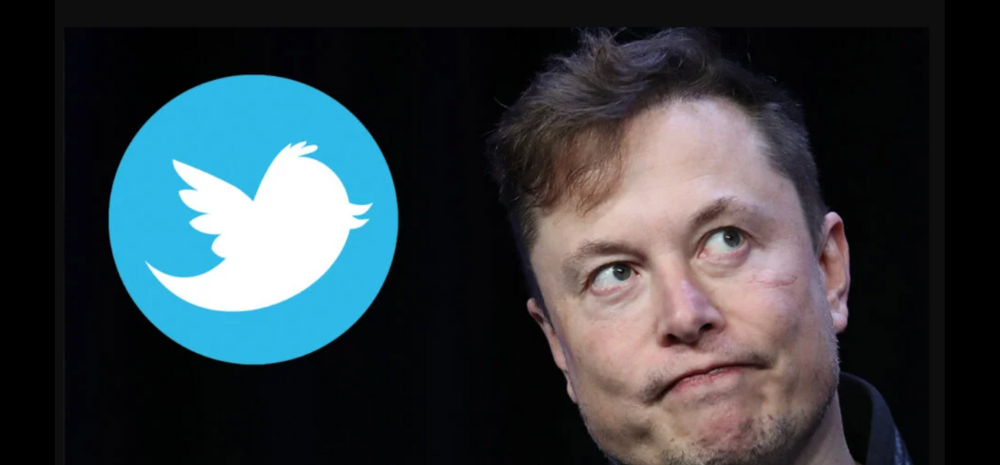Twitter as we know it is no longer an independent company thanks to a merger with a newly formed shell firm called X Corp.
Context

X Holdings Inc. is reported to be Musk’s super-conglomerate, joining Tesla, SpaceX Neuralink, The Boring Company, and Twitter.
In a court filing on Tuesday, April 4, Twitter revealed “no longer exists” after being merged with X Corp according to a document submitted the same day in a California court.
The company is currently being sued by right-wing provocateur Laura Loomer, who accused it of violating federal racketeering laws when it banned her account in 2019.
Twitter, as a defendant, must continue to submit corporate disclosure statements to the court and so, in its latest filing it provided notice that “Twitter, Inc. has been merged into X Corp. and no longer exists.”
When asked for comment, Twitter responded with a poop emoji, as is its recent custom.
Why X in particular?
Musk has long been attached to the letter X.
In 1999, he founded X.com which would later become PayPal.
Other business ventures also carried names with the letter, SpaceX, Tesla’s Model X car, the three X Holdings corporations, and “Project X,” the official SEC-recognized name for the Twitter purchase’s $13 billion bank loan.
However, there is no clear picture as to what this change means for Twitter, which has seen a sweeping overhaul since Musk bought the company for $44 billion last year.
While the social media platform will (hopefully) continue to exist and is currently functional, its parent company is no longer Twitter Inc.
Vision of an ‘Everything app’
Musk had earlier mentioned that buying Twitter would be an ‘accelerant’ for creating X — which he dubbed an ‘everything app’.
“Twitter probably accelerates X by 3 to 5 years, but I could be incorrect,” he wrote in October 2022.
He has earlier expressed his desire to make X similar to China’s WeChat that boasts a billion users.
The super-app owned by Tencent Holdings Ltd. is used for everything from payments and booking event tickets to messaging.
Musk’s vision of a super app would go beyond social media functionality – allowing users to order food, book cabs, and pretty much do everything else an app can do in 2023.
Several hurdles ahead
Regardless of whatever path Musk chooses going forward, the future looks to be tricky to navigate.
The US Congress will keep a close eye over an American version of WeChat along with regulatory agencies like the Federal Trade Commission which has been taking a firmer stance against tech monopolies.
Investors might also be spooked if Musk tries to stuff each of his separate companies into X Holdings Corporation












